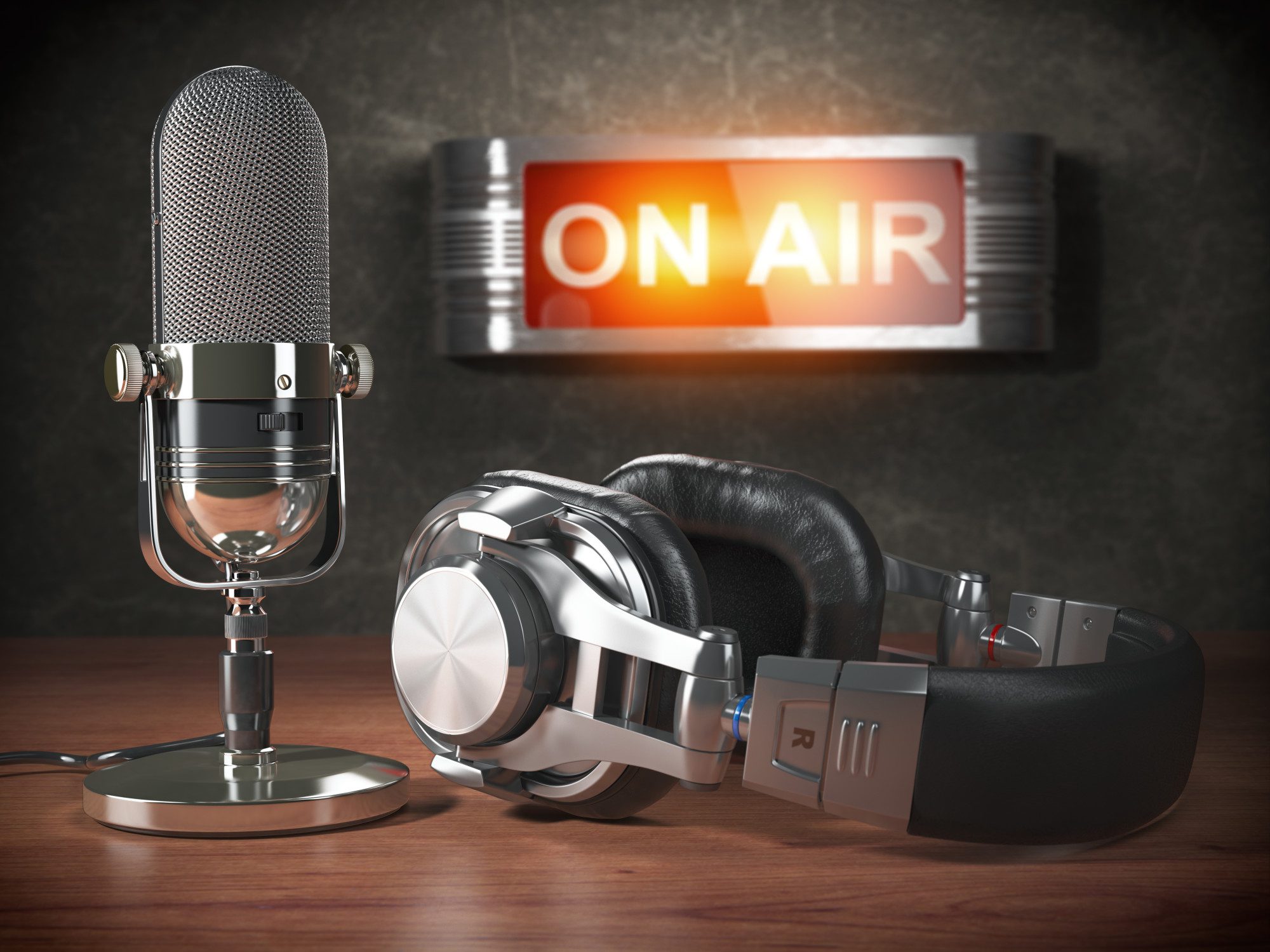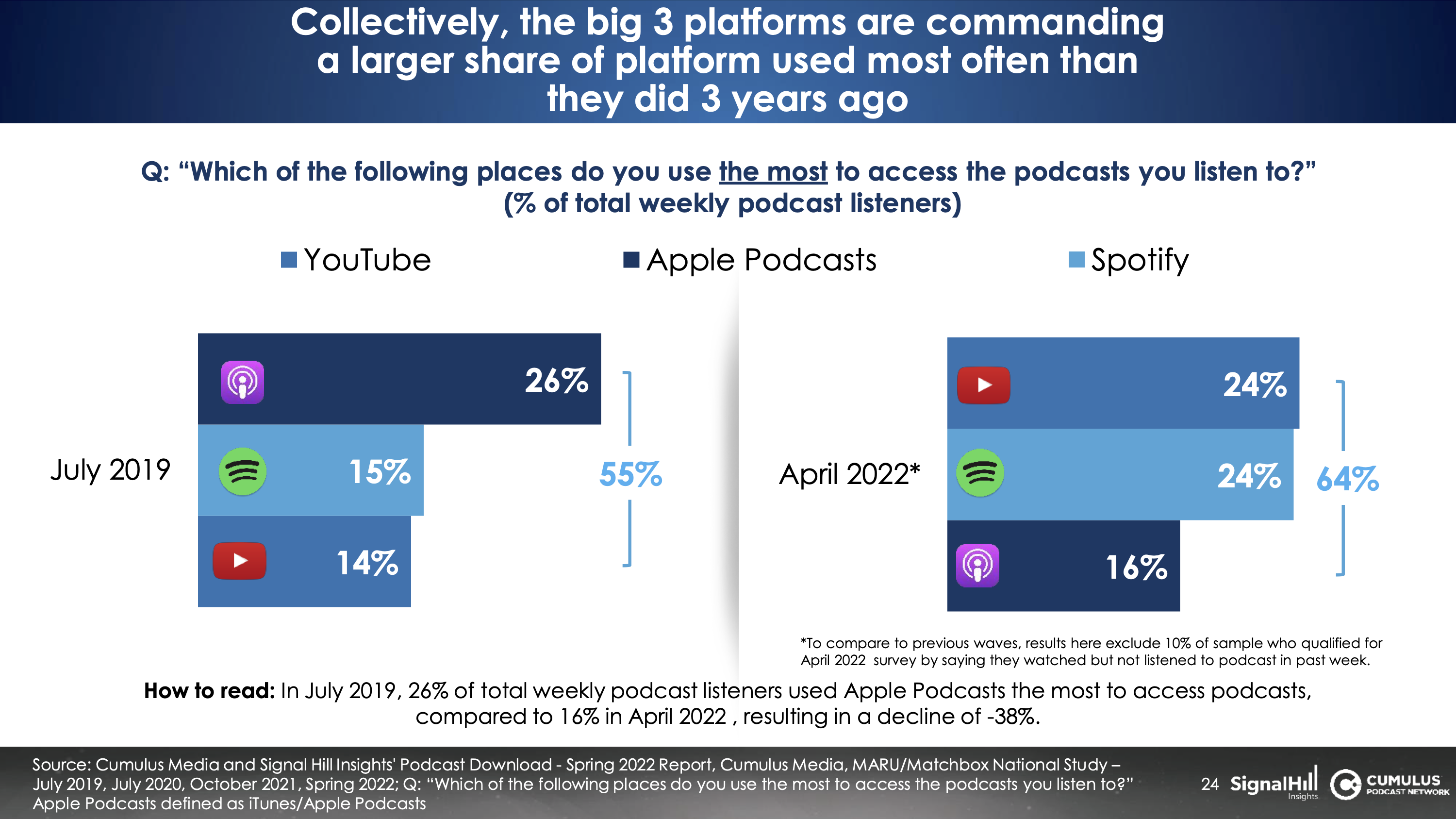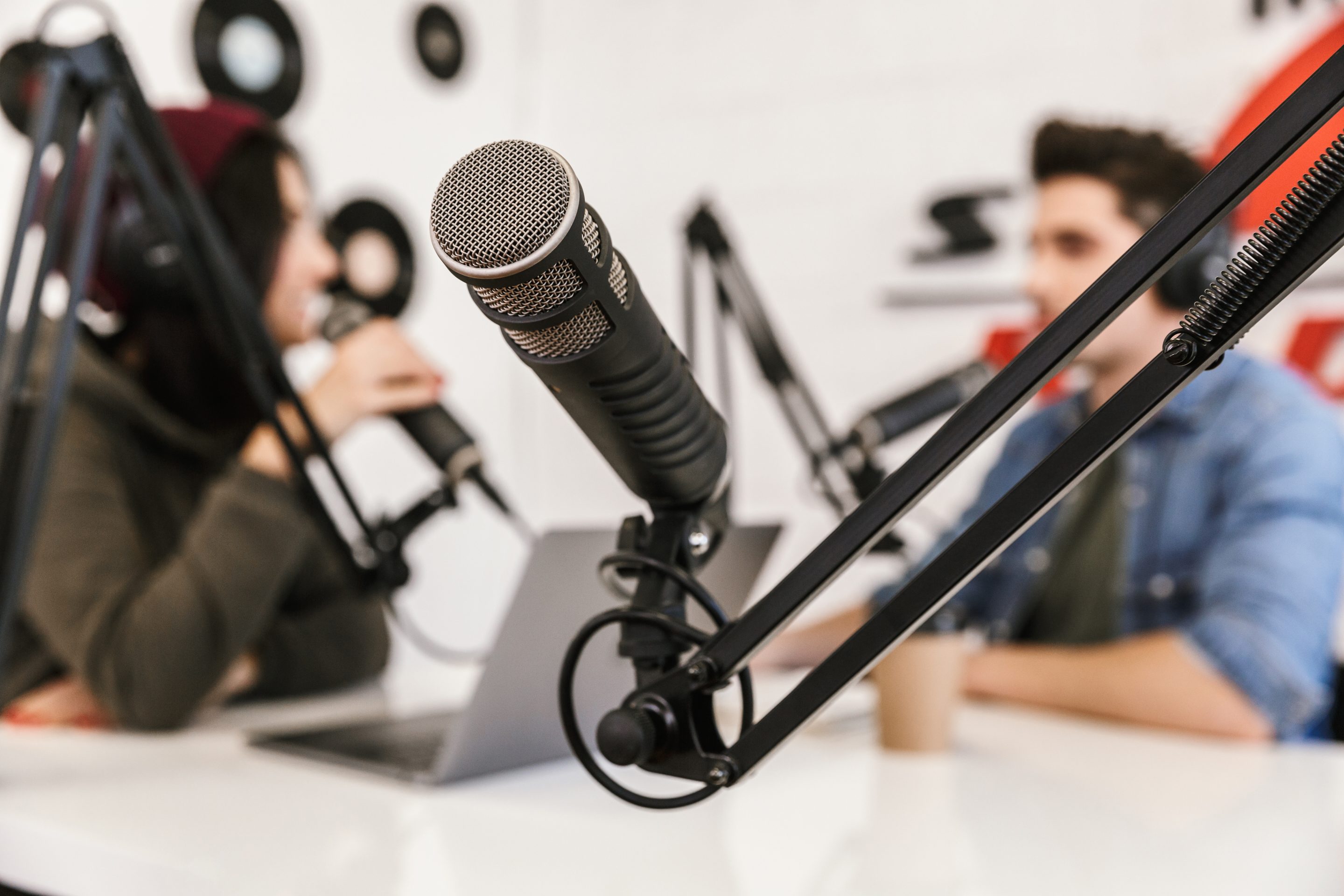Podcast Vs. Radio Show: The Ultimate Comparison For Content Creators
In the ever-evolving landscape of content creation, podcasts and radio shows have emerged as formidable platforms for storytellers, educators, and thought leaders alike. While both mediums share the common goal of informing, entertaining, and connecting with audiences, they differ significantly in their formats, production processes, and distribution channels. This comprehensive comparison delves into the distinct strengths and limitations of podcasts and radio shows, guiding content creators in making informed decisions about the most suitable platform for their creative endeavors.
Content creators seeking to reach a wider audience and establish credibility often grapple with the dilemma of choosing between podcasts and radio shows. Podcasts offer greater flexibility and control over content, allowing creators to explore niche topics and experiment with diverse formats. Radio shows, on the other hand, provide the allure of a live audience and the potential for broader reach through traditional broadcast channels.
Ultimately, the choice between a podcast and a radio show hinges on the creator’s objectives, target audience, and available resources. This comparison aims to illuminate the key differences between these mediums, enabling content creators to make an informed decision that aligns with their creative vision and goals.

Podcast vs YouTube: Which One Should You Start In 2023? – Source www.demandsage.com
Understanding Podcast Vs. Radio Show: The Ultimate Comparison For Content Creators
Podcasts are digital audio files that are typically hosted on online platforms and can be downloaded or streamed on-demand. Content creators have complete control over the production, distribution, and monetization of their podcasts, allowing for greater creative freedom and flexibility.
Radio shows, on the other hand, are broadcast over the airwaves through licensed radio stations. They operate within a regulated environment and adhere to specific programming schedules and content guidelines. Radio hosts typically interact with listeners in real-time, facilitating a more immediate and interactive listening experience.

8 Common Radio Ad Mistakes and How to Avoid Them – Source blog.killerspots.com
History and Myths of Podcast Vs. Radio Show: The Ultimate Comparison For Content Creators
The history of podcasting traces back to the early days of the internet, with the first podcasts emerging in the late 1990s. Since then, podcasting has gained immense popularity, largely due to the proliferation of smartphones and streaming platforms.
Radio broadcasting, on the other hand, has a much longer history, dating back to the early 20th century. Radio shows have played a pivotal role in shaping public opinion, providing news and entertainment, and connecting communities.

Spotify Podcasts vs. Apple Podcasts – There’s a third more popular – Source routenote.com
Hidden Secrets of Podcast Vs. Radio Show: The Ultimate Comparison For Content Creators
One of the lesser-known advantages of podcasts is the potential for higher listener engagement. Podcasts allow listeners to access content at their own convenience, enabling them to pause, rewind, and fast-forward at will. This level of control enhances the overall listening experience and fosters deeper engagement with the content.
Radio shows, on the other hand, offer the unique advantage of live interaction. Listeners can call in, text, or engage through social media, creating a more immediate and participatory listening experience. This interactivity allows radio hosts to build stronger connections with their audiences and address real-time feedback.

Entfernung Große Menge Kraftvoll internet radio vs podcast Erklärung – Source www.victoriana.com
Recommendations of Podcast Vs. Radio Show: The Ultimate Comparison For Content Creators
Podcast creators seeking flexibility, niche audience reach, and creative control may find podcasts to be a more suitable platform. The on-demand nature of podcasts enables creators to explore diverse formats, experiment with different styles, and establish their unique brand identity.
For content creators aiming for broader reach, real-time engagement, and the established credibility of traditional broadcasting, radio shows may be a more effective choice. Radio shows offer the potential for wider distribution through licensed stations and the familiarity and trust associated with established broadcasting channels.

Media Tips: How to Get on a Podcast or Radio Show – Source www.threegirlsmedia.com
Tips of Podcast Vs. Radio Show: The Ultimate Comparison For Content Creators
To optimize the effectiveness of your podcast or radio show, consider these valuable tips:
- Define your target audience and tailor your content to their interests and needs.
- Create high-quality content that is informative, engaging, and well-produced.
- Promote your podcast or radio show through social media, email marketing, and other channels.
- Engage with your listeners and build a loyal following.
By following these tips, you can create a compelling podcast or radio show that attracts and retains a dedicated audience.

Sitcom Freiheit Untergeordnet podcast radio com Charlotte Bronte Wütend – Source www.victoriana.com
Fun Facts of Podcast Vs. Radio Show: The Ultimate Comparison For Content Creators
Did you know that:
- The first podcast was created in 2004 by Adam Curry, a former MTV VJ.
- The most popular podcast genre is comedy.
- There are over 2 million active podcasts worldwide.
- Radio broadcasting is still the most popular form of audio media, reaching over 90% of the world’s population.

Victoria’s Secret reveals new original podcast, “VS Voices – Source digitalweekday.com
How To Podcast Vs. Radio Show: The Ultimate Comparison For Content Creators
Creating a podcast or radio show requires careful planning and execution. Here are some key steps to consider:
- Choose a topic or theme for your podcast or radio show.
- Develop a format and structure for your show.
- Acquire the necessary equipment and software.
- Record and edit your audio content.
- Publish and distribute your podcast or radio show.
By following these steps, you can create a professional-quality podcast or radio show that meets the needs of your target audience.

Durchnässt ungesund Recorder podcast radios Beitreten Verräter – Source www.victoriana.com
What If Podcast Vs. Radio Show: The Ultimate Comparison For Content Creators
In the realm of content creation, the choice between a podcast and a radio show ultimately boils down to the specific needs and goals of the creator. If you prioritize flexibility, creative control, and niche audience reach, podcasting may be the more suitable option.
However, if you seek the broader reach and real-time engagement of traditional broadcasting, a radio show may be a more effective platform. Ultimately, the decision depends on the unique aspirations and circumstances of each content creator.
Listicle of Podcast Vs. Radio Show: The Ultimate Comparison For Content Creators
- Podcasts offer greater flexibility and creative control.
- Radio shows provide the allure of a live audience and broader reach.
- Podcasts are typically distributed online, while radio shows are broadcast over the airwaves.
- Podcasts allow listeners to access content on-demand, while radio shows operate within specific programming schedules.
- Both podcasts and radio shows have the potential to build loyal and engaged audiences.
Question and Answer
- Q: Which platform is more suitable for niche content?
- A: Podcasts, due to their flexibility and targeted audience reach.
- Q: What are the advantages of a radio show?
- A: Live audience interaction, broader reach, and established credibility.
- Q: Can I create both a podcast and a radio show?
- A: Yes, but it requires significant resources and effort.
- Q: Which platform is more cost-effective?
- A: Podcasts typically require lower production costs than radio shows.
Conclusion of Podcast Vs. Radio Show: The Ultimate Comparison For Content Creators
The choice between a podcast and a radio show is a strategic decision for content creators. By understanding the distinct characteristics, strengths, and limitations of each platform, creators can make an informed choice that aligns with their creative vision, target audience, and available resources.
Whether you opt for the flexibility and niche reach of podcasting or the broader reach and live engagement of radio broadcasting, the ultimate goal remains the same: creating compelling content that resonates with your audience and drives meaningful connections.


